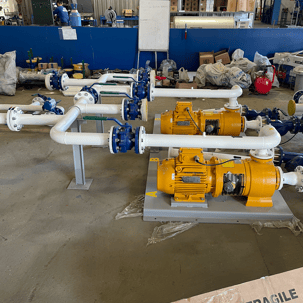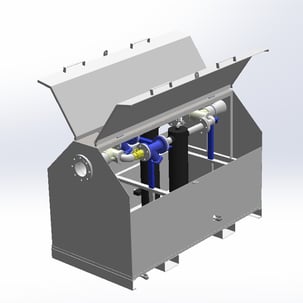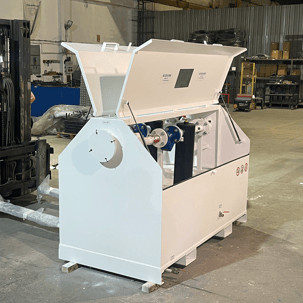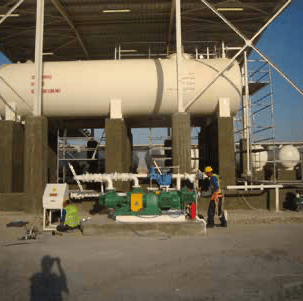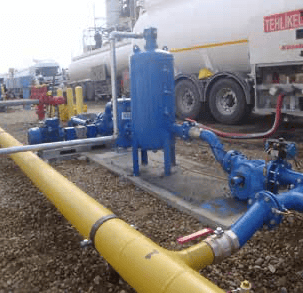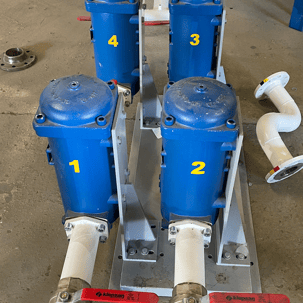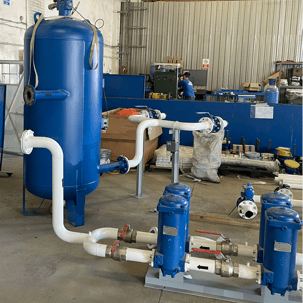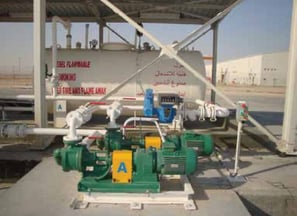

FUEL RECEPTION UNITS
Fuel reception units are integral components in fueling systems, designed to receive and manage incoming fuel from external sources, such as fuel trucks or pipelines. These units play a crucial role in various industries, including transportation, aviation, marine, and industrial facilities, where the efficient and secure reception of fuel is essential.
Inlet Connections
Fuel reception units are equipped with inlet connections that facilitate the connection of external fuel sources. These connections may include hoses, pipes, or other fittings that allow the seamless transfer of fuel.
Filtration Systems
Fuel reception units often incorporate robust filtration systems to ensure the incoming fuel meets specific quality standards. These systems help remove impurities, water, and contaminants, preventing potential damage to downstream equipment and ensuring the fuel's reliability.
Flow Control Mechanisms
To manage the rate of fuel flow, fuel reception units may include flow control mechanisms. These mechanisms help regulate the fuel delivery, preventing overflows and ensuring a controlled transfer process.
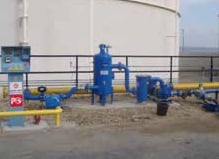

Monitoring & Control Systems
Advanced fuel reception units are equipped with monitoring and control systems that provide real-time data on fuel levels, flow rates, and other relevant parameters. This allows operators to closely manage the fuel reception process and address any issues promptly.
Safety Features
Safety is a paramount concern in fuel reception units. These systems often incorporate safety features such as emergency shut-off valves, pressure relief mechanisms, and spill containment systems to minimize the risk of accidents or environmental damage.
Material Compatibility
Fuel reception units are typically constructed from materials compatible with the type of fuel they handle. This ensures the longevity of the equipment and prevents corrosion or degradation over time.
